Ikigai SummaryI had hoped that this book would go in-depth on the "how" of ikigai. The book serves more as an introduction to various topics, including yoga, flow, tai chi, logotherapy, longevity, and the Blue Zones. This book is ideal for folks who are unfamiliar with such subjects. 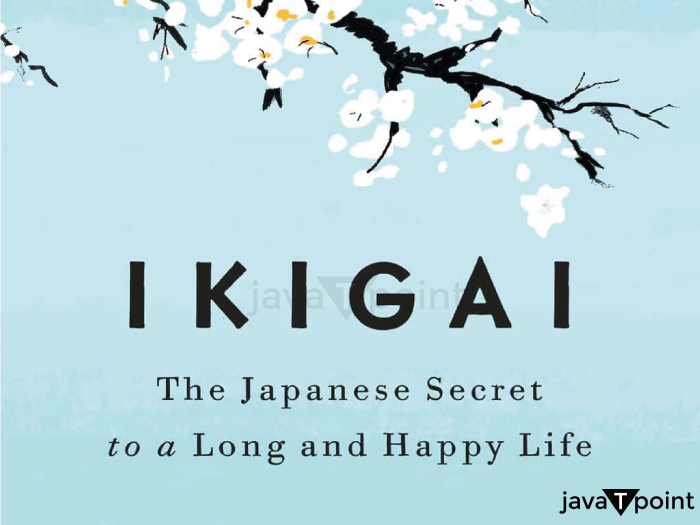
Ikigai reflected on The Japanese Secret to a Long and Happy Life by Héctor Garcia and Francesc Miralles as the topic of this post's book summary. Quick Summary of the Ikigai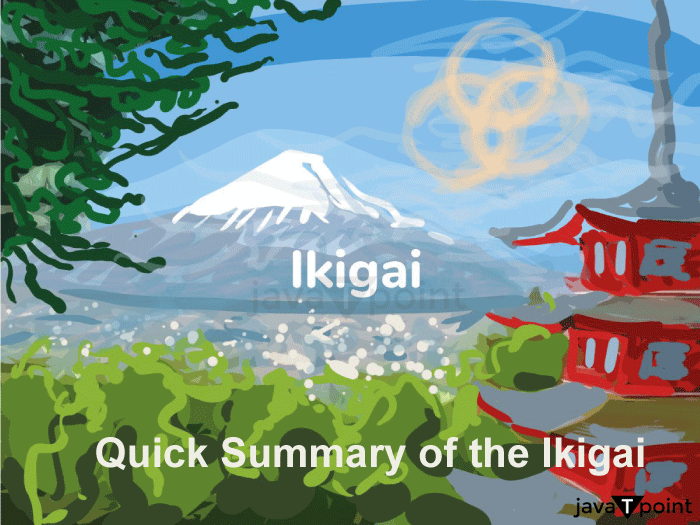
As previously indicated, this book covers a wide range of "art of living"-related themes. To learn the secrets behind centenarians' and supercentenarians' long lives, the writers define ikigai and outline its guidelines. They also conducted a total of 100 interviews in Ogimi, Okinawa. What features of Zen philosophy, Japanese cuisine, and artisans and engineers are shared? Simplicity and careful attention to detail. The writers of this book send you their best wishes for a long, fulfilling life. Describe IkigaiTo write the Japanese word ikigai, you must combine the symbols for "life" and "to be worthwhile." 'The delight of always being active' is how it translates. ( I suppose they mean "busy" in the sense of having a whole life vs. a busy life. You have a passion inside you, a particular skill that motivates you to give your all to the very end and provides purpose to your days. According to Viktor Frankl, your goal is to identify your ikigai if you still need to learn who wrote Man's Search for Meaning. Although everyone has a unique ikigai, we have the commonality of looking for meaning. When we are connected to the things essential to us throughout the day, we live more fully; when that connection is broken, we feel grief. We must diligently explore inside ourselves to locate our ikigai, buried deep. Our ikigai, which is why we wake up in the morning, according to Okinawans, is the island with the highest percentage of centenarians worldwide. Your life will have significance after you identify your ikigai and work toward developing it every day. They may have several essential life goals. They have an ikigai, but they are not overly serious about it. They are at ease and have fun doing everything. Everyone with a distinct ikigai pursues their passion regardless of the consequences, which is one thing they all have in common. The Theme of the Ikigai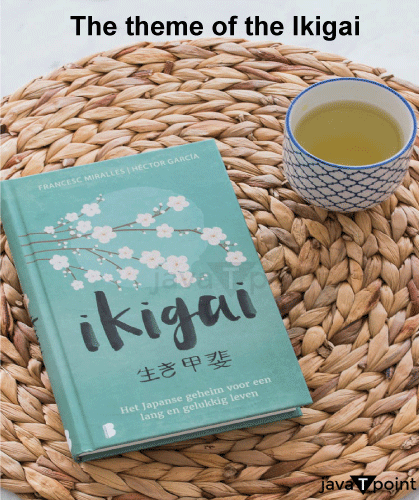
The book's basic idea is that by understanding what our ikigai is, we may live longer, work harder, feel better, and have a greater sense of purpose in life. The concept that everyone may readily locate their ikigai, regardless of where they live or where they are from, may be the book's most important message. Garcia and Miralles provide us with a thorough but captivating look at how we could locate and use our ikigai by illustrating their own experiences and studies. The Four Ikigai Elements to Help You Find YoursHow, then, can you locate your ikigai? As to Garcia and Miralles, you need first determine the four essential components of ikigai
These four factors reveal your sense of meaning and purpose in life. They increase your motivation to attain your true happiness and fulfillment. To find methods to match your interests, skills, and values with the world's needs, analyze your passions, abilities, and values. You'll learn what motivates you and significantly influences the world. Remember that living according to your ikigai is a continuous effort. It takes a lot of self-discovery to find your ikigai. Additionally, ikigai is a lifelong practice that requires constant care and love. According to the book "Ikigai," we should consider what we enjoy doing, our areas of expertise, the needs of the world, and our potential earning potential. We may give it our complete attention and interest once we have determined the activity that falls within the boundaries of those four factors. Then, we may follow a career that captures our interest, satisfies our interests, and enables us to lead a life we can be proud of. The authors offer ways for creating goals and advice on finding a work-life balance, as well as exercises in gratitude and mindfulness to aid in identifying our ikigai. Additionally, they discuss the value of social relationships and the local community in establishing and maintaining ikigai. Ikigai's Seven Lessons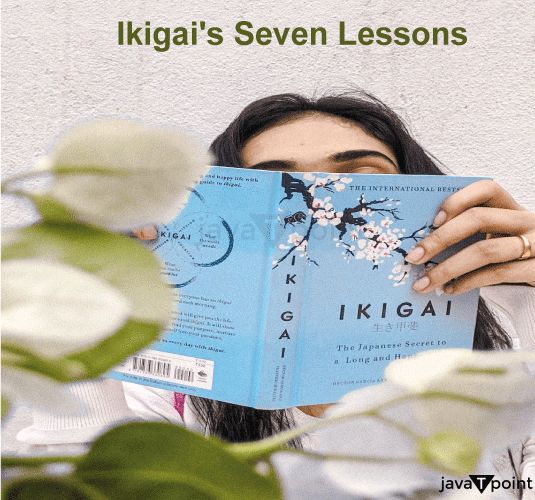
The book teaches us that to be fulfilled and have a feeling of direction and purpose in life; we should:
Ikigai's Historical BackgroundIkigai is a compound word made up of the Japanese terms "iki" and "gai," which both signify "life" and "worth." They all pertain to the value, significance, and purpose of one's existence. A fundamental idea in Japanese philosophy is ikigai. The Japanese learn ikigai as a vital component of their identity, strongly linked to their profession or vocation. They are surrounded by it, which has influenced their social and cultural conventions for a long time. They firmly believe that their ikigai is what makes them who they are. To research the idea of ikigai, Hector Garcia, a former software engineer born in Spain but who spent more than 13 years in Japan, teamed up with Francesc Miralles, one of Spain's most charismatic contemporary novelists. Advantages Of Ikigai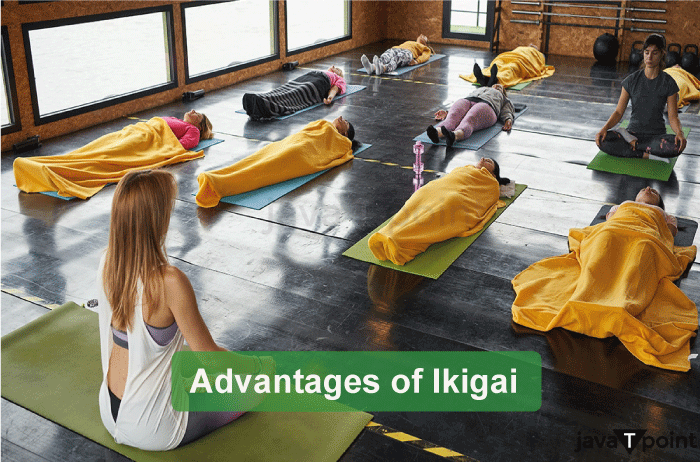
ConclusionIn addition to providing helpful advice and inspiration to help us locate ours, the book "Ikigai" also includes several tales and experiences from people who have found their ikigai. Garcia and Miralles assure us that locating our "ikigai" is not difficult or impossible. They also advise us to cultivate it after we have found it actively. They also advise us to cultivate it after we have found it actively. |
 For Videos Join Our Youtube Channel: Join Now
For Videos Join Our Youtube Channel: Join Now
Feedback
- Send your Feedback to [email protected]
Help Others, Please Share









